Putin’s “petro power” looms large
Europe must get serious if it wants to survive without Russian gas
February 28, 2023
By the mid-1990s, most observers in the West were optimistic that post-Soviet Russia was on track to integrate itself into the global “democratic community.” In retrospect, it is clear that reality has not reflected those hopes as relations between Russia, the European Union and the United States have continued to deteriorate. The Kremlin has slowed legal and political reforms and adopted a no-nonsense, unilateral approach to foreign policy. Instead of foregoing its antipathy for the West, as pundits expected, the Russian Federation has held its ground and worked to undermine the security and sovereignty of its European neighbors.
In public, Russian leaders assume a defensive posture — particularly as it relates to its former territories in Eastern Europe. According to the European Union Center at the University of North Carolina, Russian hostility in the Eastern theater — and across Europe more generally — is a manifestation of its belief that it “had not been integrated properly and on equal terms into the post-Cold War architecture.” A brief period of reform in the 1990s was cut short by mutual disdain and mistrust, which have extended the Cold War of the 20th century into the 21st. The Cold War of this century, though, is not defined by red scares or tense nuclear standoffs — in fact, today’s Cold War is hardly seen at all. The Cold War of today is waged underground — through oil and gas pipelines.
Russia first established itself as a formidable player in the oil and gas industry around the end of the second World War. According to Dr. Randall Newnham of Pennsylvania State University, Russia’s “phantom power nexus” over oil and gas is a byproduct of Cold War geopolitics. It was during the 1950s and 1960s that the Soviet Union deepened its efforts to link itself to its Warsaw Pact allies. In 1949, Joseph Stalin created the Council for Mutual Economic Assistance (CMEA), aimed at increasing “economic cooperation of all sorts,” as well as the Unified Gas Supply System (UGSS) to increase its gas exports to Eastern Europe. The UGSS quickly established itself as Eastern Europe’s main supply line. As the USSR continued to export oil and gas en masse, it created new supply ports in strategic positions across Europe. Maintaining these ports required the construction of new capital importing facilities. Over time, the Soviet military was assigned to protect these facilities in neighboring territories. Hard power met petrol power to create Russian “petro-power.”
Further integration into the 1960s created a web of mutual dependence that only deepened Eastern Europe’s ties to the Soviet Union and the Soviet Union’s commitment to exporting its supply. Gradually, East European housing, industry and transportation became linked to Soviet energy supplies. By the late 20th century, Russia could offer “carrots” to importers cooperating with the Soviet Union and “sticks” to those countries resisting Soviet hegemony. For instance, Belarus and Armenia, cooperative Soviet allies, were favored with heavily subsidized energy and reduced prices. Those states which challenged Soviet authority — Georgia, Moldova, Ukraine and much of the Baltic — were targeted by supply disruptions and punitive price increases.
After the collapse of the USSR, Russian political figures such as Yegor Guidar and Anatoly Chubais launched a “Loan for Shares” program that was ostensibly designed so that auctioneers could work to facilitate democratization and liberal reform within a post-Soviet Russia. In reality, though, the auctioning off of state assets was rigged in favor of Russian oligarchs.
When Vladimir Putin came to power in 2000, though, privatization came to a head. Putin cracked down on privately-owned enterprises which had overstepped their authority at the public’s expense. Oligarchs were arrested on various charges and issued an ultimatum: sell off your assets or receive a decades-long prison sentence. Most opted for the former. State allies reemerged as key shareholders within Russian oil and gas companies after the crackdown. Since the early 2000s, the Kremlin has rekindled its ability to use oil and gas pipelines as a political weapon. Because Putin sees material value in state control over the national energy complex and the securitization of the energy business, he has created discursive linkage between the concept of Russia being a great power (sverkhderzhava or derzhava) to it being the energy superpower (energeticheskaia sverkhderzhava)
To date, Russia grossly overshadows Europe in its control of oil and gas supply lines. According to The Washington Post, 15 countries in Eastern Europe receive all of their natural gas from Russia. Russia’s pipelines extend beyond its hinterland and into Western Europe as well, where Germany and Belgium receive nearly half of their natural gas from Russia and Italy, France and the Netherlands receive about a quarter of their gas from Russia. The data is clear — Russia’s “petro-power” is alive and well.
The question that now confronts the West is how to combat Russian “petro-power,” as geographic and political advantages virtually guarantee Russian supremacy in the oil and gas market. A direct American-European challenge to this market would require immense resources, infrastructure and supplies. “Energy mobilization” at this scale would be unwise — and not to mention environmentally unfriendly. Instead, the West should seek to increase production of natural gas (LNG) and sustainable energies as a means of undermining Russian oil and gas markets.
As political scientist Ariel Cohen wrote, “[As] American LNG floods Europe, the Russians would need to replace missing hydrocarbon profits with potentially higher margin products.” Or greener energy supplies pending market value. Evidence of this strategy’s effectiveness was seen when Gazprom, Russia’s state-owned natural gas corporation, was forced to revise many of its long-term contracts with European customers owing to the availability of cheaper LNG.
Put simply, combating Russian “petro-power” will require a “green gambit.” Unless Europe takes serious measures to diversify its energy supplies through strategic partnership and “green” investment, Putin’s “petro-power” will continue to pose a serious threat to European security.
Greater U.S.-EU LNG exports might also provide liquidity to natural gas consumers around the world, potentially improving the energy costs for consumers in oil and gas dependent countries. According to studies from the Brookings Institution, increased LNG exports to Europe and Asia would actually result in billions of dollars of investment in new infrastructure, would promote additional natural gas production, lower dependence on Russian energy and create new jobs in the U.S. The West has an opportunity to utilize the transatlantic discourse on renewable energy to reclaim the mantle of global leadership, put pressure on Putin to conform to the green energy revolution and encourage the EU to look toward American exporters for future market diversification.
Looking forward, the EU needs more than carte blanche commitments to its energy security. With the war in Ukraine ongoing, an overreliance on Russian imports will come to haunt the EU. The EU announced in September that it would take steps toward energy rationing and mandatory power cuts. Put simply, combating Russian “petro-power” will require a “green gambit.” Unless Europe takes serious measures to diversify its energy supplies through strategic partnership and “green” investment, Putin’s “petro-power” will continue to pose a serious threat to European security.


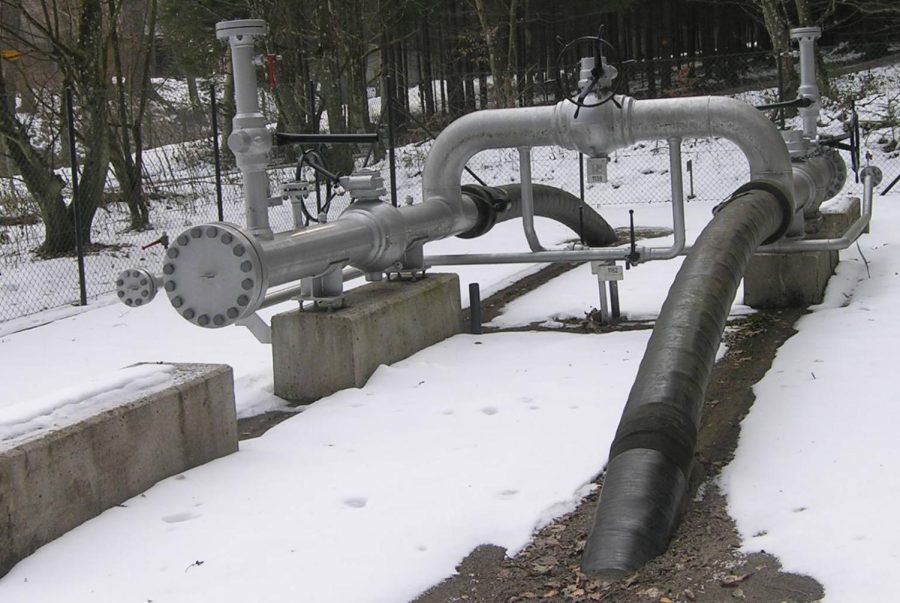












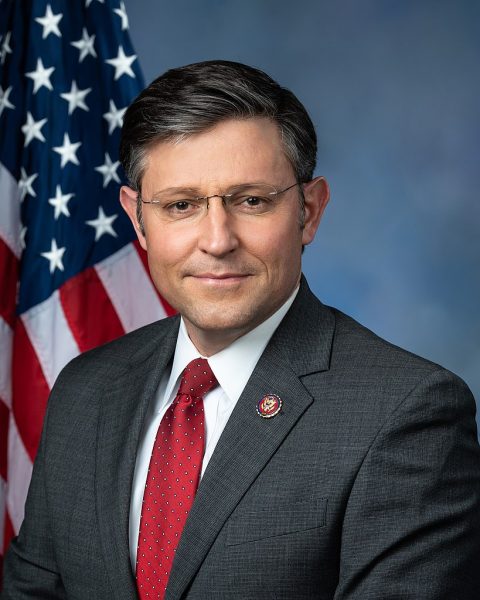



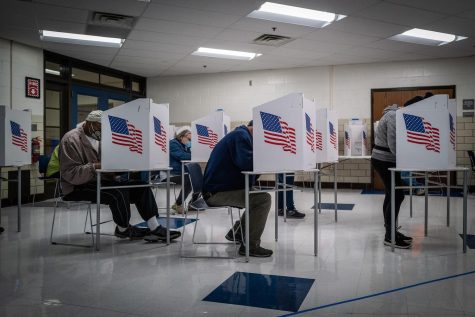
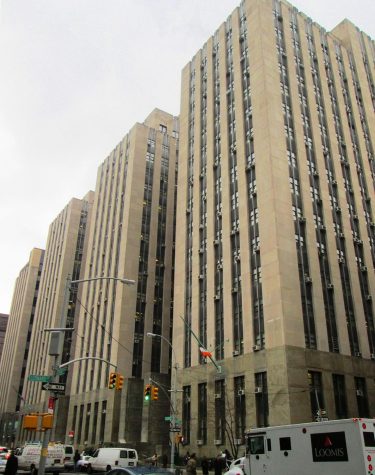

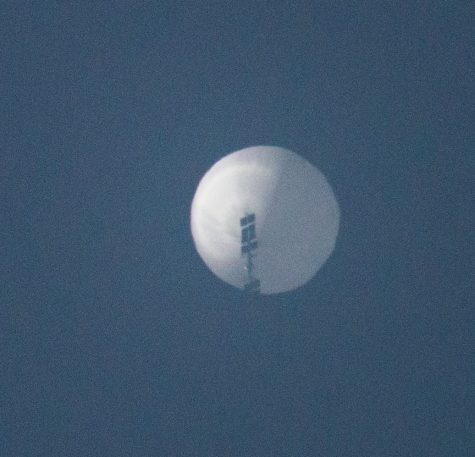
Whit Jr. • Mar 3, 2023 at 9:48 pm
Well-written column but too “wicked Russia” for my taste. The Soviet Union suffers a devastating ideological breakdown in the early 1990’s, Russia returns to its historical spirituality—the Russian Orthodox Church, Dostoevsky, Solzhenitsyn taught in the high schools—and yet NATO expansion is the thanks they get. America needs to hear more from dissident voices on this issue– John J. Mearsheimer, Colonel Douglas Macgregor, and even Noam Chomsky, among others.